Indian Exceptionalism vs Global Reset
Indians’ struggle against colonialism took up and reinforced the idea that India was a spiritually different grouping, a new nation in a world dominated by realpolitik.
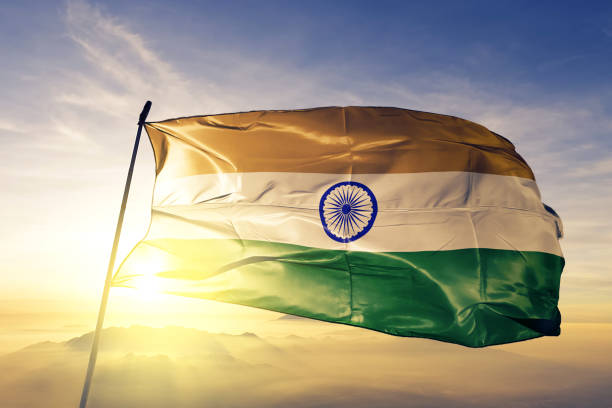 Representative Image. / iStock
Representative Image. / iStock
We have all heard of American Exceptionalism, and during World Wars, Japan, Germany, the UK, and France all had their own flavors of Exceptionalism. America is the only country that has kept it going for more than 100 years now. In the new global reset, it’s now time for the nations of the Asian continent, mainly China, Russia, and India, to take the baton. At a time when this new reset is challenging both allies and rivals equally, with the same weapon, called American extra-territorial activism or the Tariff Terror, is this just a divine act for starting the churning?
Be it the renaming of the Gulf of Mexico to the Gulf of America, Canada being called the 51st state, the President of America calling himself the President of Europe, and declaring Japan’s sovereign reserves as its own! Yes, the reset is happening. The only miscalculation is that it's not a one-country-centric reset, but rather a shift towards multipolarity. Now, whether it be de-dollarization, immigration policies, or specific race-driven actions, they are all leading to that churning that Sanatanis are familiar with from their scriptures—the Samudra Manthan (the divine ocean churning). We had Halahal (also called Kalakuta, the deadly Poison) and Amrit/Amrut (the Liquid of Immortality) emerge from that process. In the battle of righteousness vs unethical, we know which side won.
In this global reset, it’s time for Pattabhiseka!
From the Mahabharata
The Mahabharata describes the qualities of a worthy king, which implicitly justifies the transfer of power to a righteous successor. In today’s scenario, the global shift is from a unipolar to a multipolar system.
स राजा यो हि दुर्धर्षः प्रजानां हिते रतः ।
अभीतश्च समो दानी धर्मे च नियतः सदा ॥
Sa raajaa yo hi durdharshah prajaanaam hite ratah |
Abheetashcha samo daani dharme cha niyatah sadaa ||
Translation: "He is the true king who is invincible, devoted to the welfare of his subjects, fearless, balanced in giving, and constantly committed to dharma (righteousness)." This describes the ideal ruler, suggesting that a father (king) would pass his throne to a son/daughter (prince/princess) who embodies these qualities.
Indian Exceptionalism or Ram Rajya?
It is described as moral exceptionalism (Smith, 2012). India’s diplomacy, from independence until Modi’s government came to power in 2014, was renowned for its moral tone, centering on the idea that India possessed a unique capacity to offer ethical leadership in world affairs. However, it has not entirely left that; it's just old wine in a new bottle. The concept of Vishwa Guru or Vishwa Bandhu originated with Yoga and the development of COVID-19 vaccines for countries in the Global South, following Modi’s electoral takeover of the Indian Parliament.
Indians’ struggle against colonialism took up and reinforced the idea that India was a spiritually different grouping, a new nation in a world dominated by realpolitik. India’s spirit of assertive nationalism, as it came to be defined in the context of international affairs, centered on a belief in India’s unquestioned civilizational moral preeminence and was felt as a sense of mission that encouraged the projection of moral conduct into the international sphere (Sullivan 2014, 650) and why not, it has survived as the only 5000 plus years old civilization in the league of the modern day country! Even China could not maintain that linkage.
Indian nationalism, at the time of independence, came in three powerful variants; first two ideas dominated from 1947 to 2014 (except for the 5 years of Mr. Vajpayee): Gandhi’s syncretic and inclusive spirituality, based on India as a territorial space; Nehru’s liberal understanding of a modern and secular Indian state, similar to what Europeans practiced; which was their hatred for nationalism, drawing comparison to Nazi Germany. Then comes a real grounded Sanatan PM, Narendra Damodar Das Modi, a person rooted in a glorious spiritual past and drawing on Vedic traditions and Hindu Majority feelings, neglected during the Congress era, equating India’s identity with Hinduism (people, belief, customs, food habits, rituals, and culture) that is born exclusively in Bharat, which is also called India.
The British tabloid The Guardian mischievously printed a front-page headline. "Today, 18 May 2014, may go down in history as the day when Britain finally left India." The Nehruvian variant did not incorporate the Indian Vedic claim; it was Vajpayee and later Modi as the PM who asserted that the majority of Indians have a unique capacity to synthesize different and conflicting perspectives, and merge with other modes of thought and belief systems, resulting in the path of the Ram Rajya.
The diversity across South Asia; (we call it Indian Sub-continent; well if colonial masters divided 1/4th of the larger Eurasia landmass into Europe and Asia with no geographical and scientific basis it’s high time India re-names and re-draws some of the geographical maps of the world given by the colonists;) has ensured a long intellectual tradition of integrating elements from diverse sources and explicitly addressing the question of how to reconcile particular cultural, religious, linguistic, and political differences within a universal normative framework. The West can never fully understand this, as it is not the product of any ancient civilization, and hence, there is a significant disconnect. Explaining and practicing the Dharma, if understood as the Indian exceptionalism, then so be it. For the larger population, it's following the path of Ram Rajya. And India is ready to walk the talk!
India’s foreign policy vs Global Reset:
India regularly pushed issues such as decolonization, racial equality, and opposition to White settler regimes in Southern Africa, aid for development, and a restructuring of the UN to give Asia and Africa a greater say in the international agenda of all issues close to India’s own colonial and developmental experience (Nayar and Paul 2003, 136). All of India’s great leaders, including Gandhi, Tagore, Nehru, Dr. Rajendra Prasad, Patel, Ambedkar, Shastri, Indira, Vajpayee, and Modi, had one aspiration – that India should be the reason for an alternative Universality.
India’s legitimacy today will stem from its ability to uphold the highest human and universal values (Khilnani et al. 2012, 69; also see Tharoor 2012, 428). When the entire western world, including Japan, Uganda, South Korea etc., unfolded to President Donald Trump’s Tariff Diktat (right or wrong, history will judge), India stood its ground, after all, it’s the 4th largest economy with nukes and strong military power backed by the world’s largest population(4.5X times more than the United States).
India has become so important in the new global reset that whichever side it supports, that side will be the winner - BRICS, SCO, RIC, Global South, G20 versus NATO, QUAD, AUKUS, USA, EU, G7, etc. The entire Russia-Ukraine war continuation blame has been put on India; will it take its rightful place, with diplomacy, military, and the vast power of its 1.4 billion minds? The world is waiting to see which side this Airavat Hathi moves!
(Airavat is the divine white elephant of the lord of heaven, Indra, in the Hindu religious texts.)
(The views and opinions expressed in this article are those of the author and do not necessarily reflect the official policy or position of New India Abroad)
ADVERTISEMENT
ADVERTISEMENT
E Paper
Video




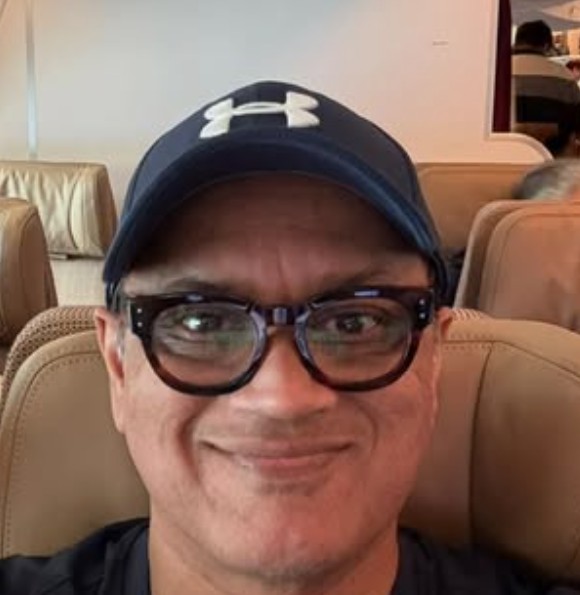 Sharad Mohan
Sharad Mohan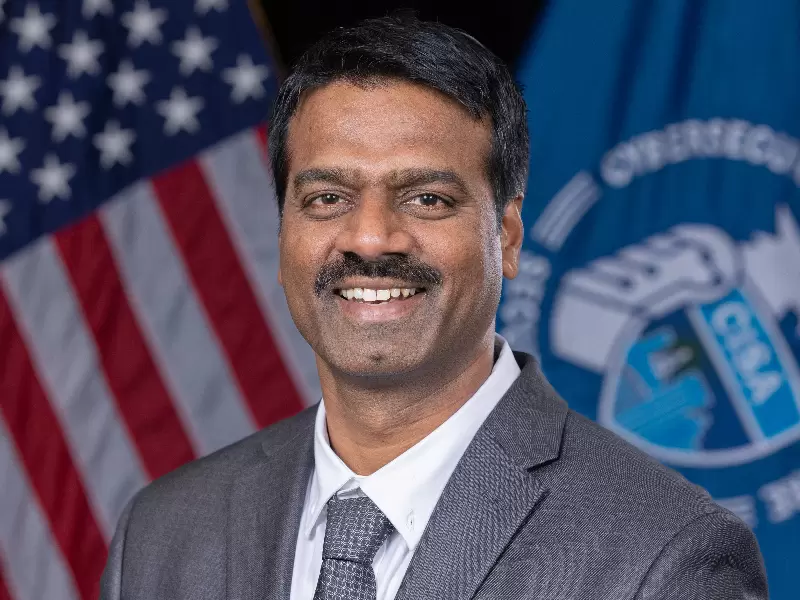

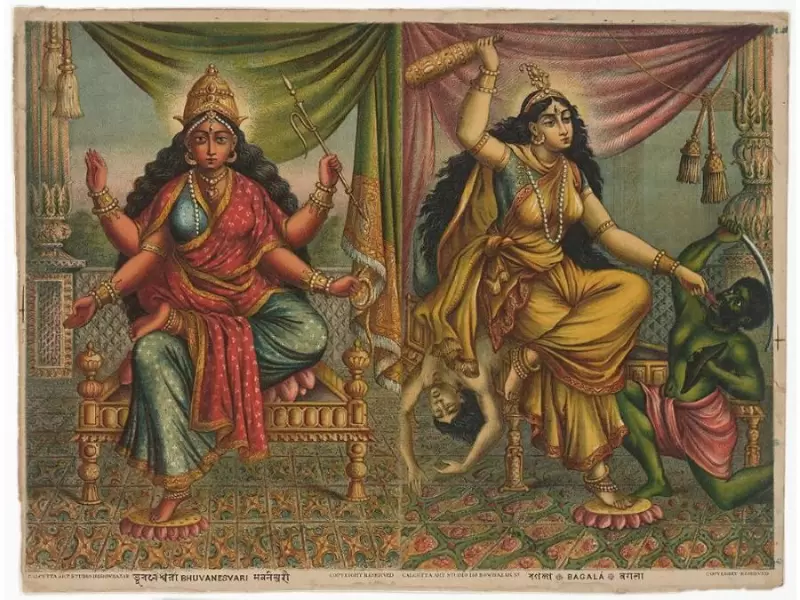
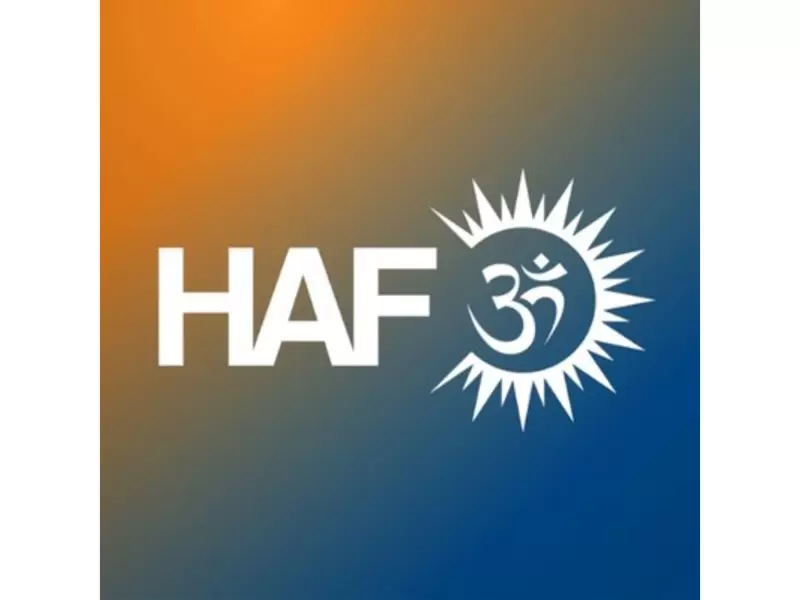


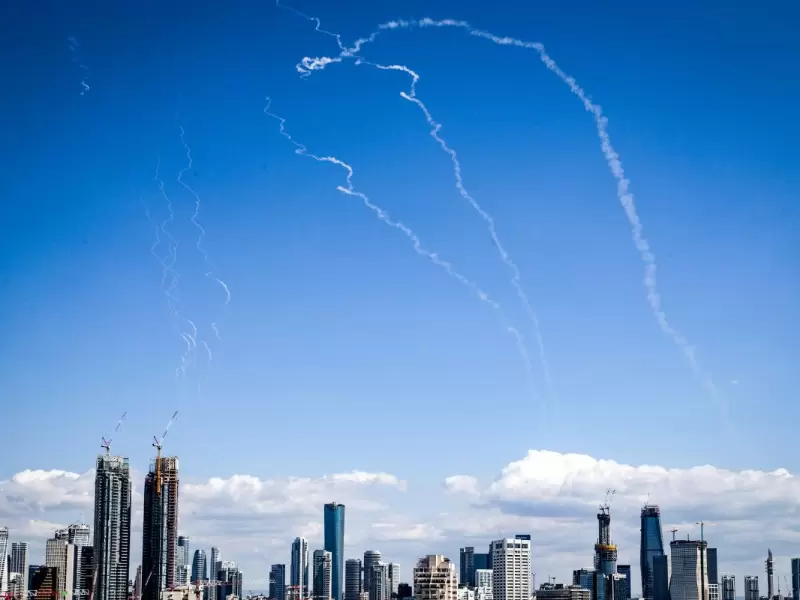

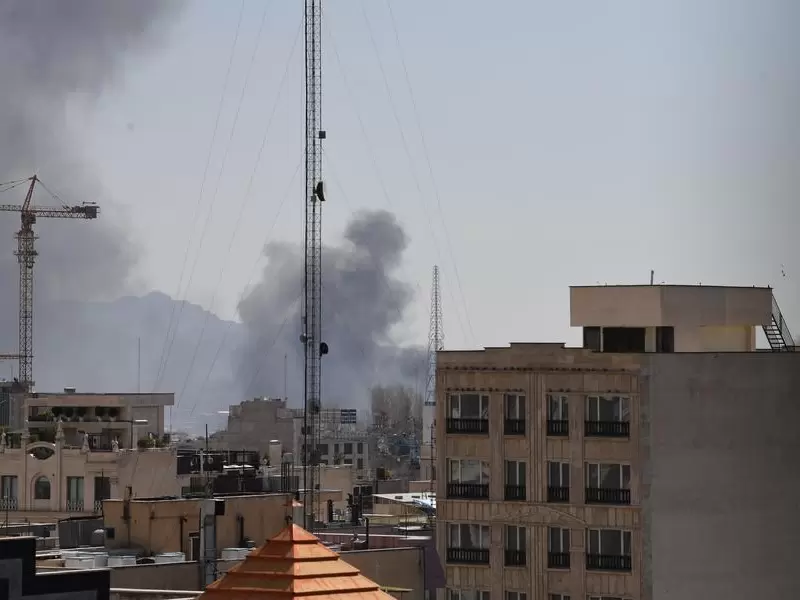





Comments
Start the conversation
Become a member of New India Abroad to start commenting.
Sign Up Now
Already have an account? Login